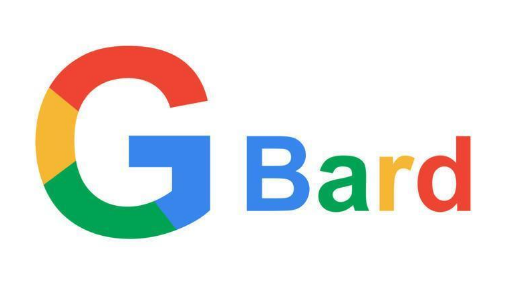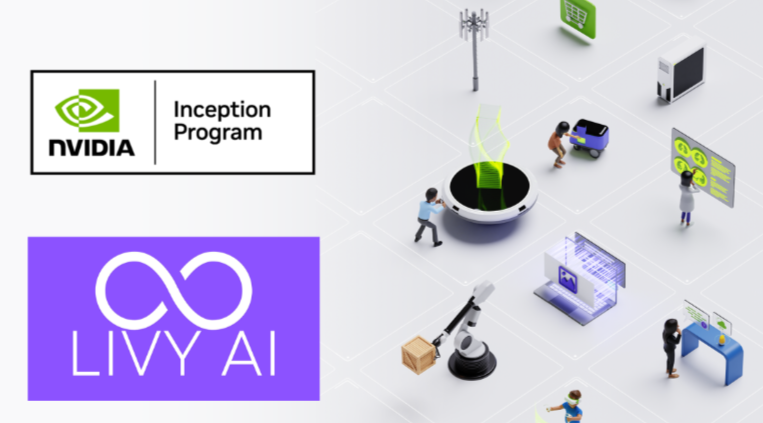
In an era of rapid technological advancement, Google is at the forefront of innovation, continuously enhancing its AI chatbot, Bard. Recently, Google unveiled a comprehensive upgrade to Bard, transforming it into a versatile personal assistant capable of retrieving information from various Google applications such as Gmail, Maps, and YouTube. This significant development marks Google's commitment to strengthening Bard's functionality and leveraging its expansive suite of popular products. Moreover, this transformation directly positions Google with industry rivals like OpenAI in the competitive AI chatbot landscape.
Google's announcement of Bard's newfound capabilities underscores the company's dedication to revolutionizing the way we interact with AI-driven virtual assistants. With this upgrade, Bard gains access to data from YouTube, Maps, Google Flights, and Shopping search functions, enriching its knowledge base and expanding its utility. Furthermore, users can grant Bard permission to access their personal content stored in Gmail, Docs, and Drive, allowing it to summarize documents and facilitate efficient information retrieval.
One of Bard's remarkable new features is its ability to streamline email management. Users can instruct Bard to search for and organize information from relevant emails, significantly improving email organization and efficiency. For example, users can task Bard with collating details related to "upcoming vacations," making trip planning a breeze.
Bard's adaptability and versatility shine through in its integration with various Google services. Users can ask Bard to locate restaurants they've previously listed and display their locations on a map, enhancing the ease of navigating to favorite dining spots. Alternatively, users can upload photos to "Lens" and prompt Bard to search for relevant YouTube videos, making visual content discovery effortless.
These enhancements are made possible by Google's latest iteration of the "PaLM 2" large language model. Sissie Hsiao, Vice President and General Manager of Google Assistant and Bard, emphasized that data obtained from apps like Gmail and Docs will not be utilized for advertising or training Google's AI models, ensuring user privacy and data security.
This transformative upgrade signifies a major stride forward for Bard and reinforces Google's dominant position in the realm of AI technology. Google has seamlessly integrated AI into nine products, each boasting over one billion users, underscoring its commitment to making AI an integral part of everyday life. Hsiao aptly describes the updated Bard as a "personal assistant," reflecting its versatility and utility.
Bard's journey has been one of continuous improvement, marked by Google's swift response to user feedback and evolving technological landscape. While Bard may occasionally provide inaccurate information, Google has addressed these concerns by introducing a revamped "Google Search" button. This feature now highlights answers verified by web pages in green, providing users with reliable information. Answers that Google cannot verify are displayed in yellow, assisting users in distinguishing potential inaccuracies generated by AI chatbots.
Beyond Bard's upgrade, Google is actively researching a new large language model known as "Gemini," with the aim of further enhancing Bard's capabilities and expanding its functionality. Reports suggest that Gemini is already in the hands of some developers, hinting at an exciting future for AI-powered virtual assistants.
In conclusion, Google's Bard AI chatbot is poised to redefine how we interact with virtual assistants, offering a comprehensive and versatile solution for information retrieval and task management. With its newfound capabilities and commitment to user privacy, Bard stands as a testament to Google's unwavering dedication to pushing the boundaries of AI technology.
Key Takeaways:
Google's AI chatbot, "Bard," gains new capabilities to retrieve information from Google applications like Gmail, Maps, and YouTube.
The updated Bard is based on Google's "PaLM 2" large language model, described as a "personal assistant" by Google's Vice President, Sissie Hsiao.
Google is actively developing a new large language model named "Gemini" to further enhance Bard and other products' functionalities.

